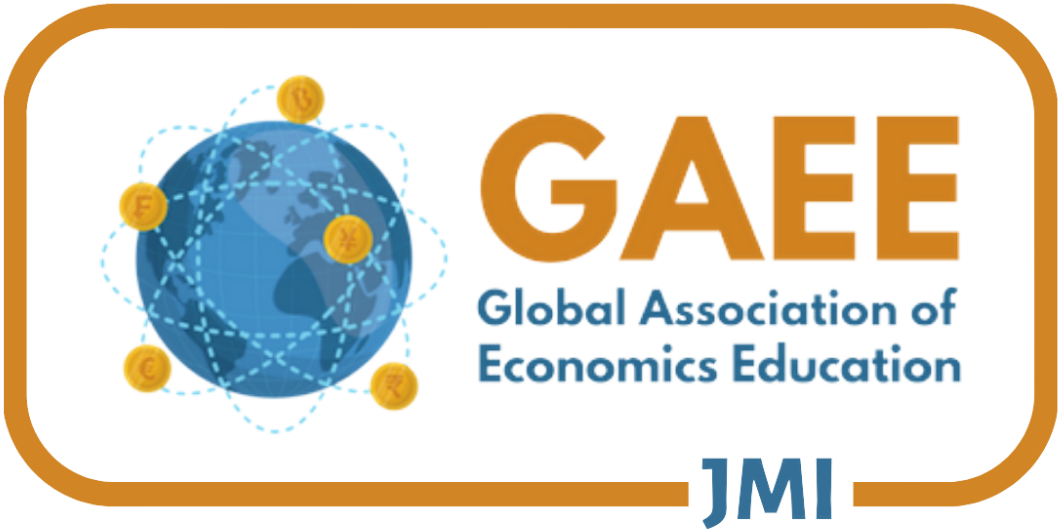Article by Muntahar Ul Muzaffar from Economics Wing, GAEE JMI
The Ease of Doing Business Rank (EODB) estimates an economy’s position to the best regulatory practices. The ease of doing business index is an index created jointly by Simeon Djankov, Michael Klein and Caralee McLeish, three leading economists at the World Bank Group. It is an aggregate figure that includes different parameters, which define the ease of doing business in a country. The World Bank used to publish the ‘Doing Business’ reports from 2003 later on in 2006 that ranking the economies started.
The EODB study tries to capture the experience of small and mid-sized companies in a country with their regulators by measuring the time, costs, and red tape they deal around. The intention of the World Bank in coming up with a Doing Business score every year is to provide an objective basis for understanding and improving the regulatory environment for businesses worldwide. Doing Business Rank attempts to capture the regulation that small- and quantitatively medium-sized firms encounter in 190 economies worldwide.
The Ease of Doing Business Rank is based on ten parameters relating to starting and doing business in a country, which are:
- Ease of starting a business
- Dealing with construction permits
- Getting electricity for the same
- Registering your property
- Getting credit for your business
- Protecting minority investors
- Paying taxes
- Trading across borders
- Enforcing contracts
- Resolving insolvency

Ease Of Doing Business Rankings matter to countries like India because International Investors accumulate their investment decisions on a wide variety of parameters that include such rankings, their feedback from the ground, the behaviour of other investors, and most importantly, real-time research by reputed think tanks and other institutions.
Thus, the reports such as the World Bank Sponsored Ease of Business Rankings are of utmost importance to countries such as India since investment decisions are composed by investors based on such reports. Moreover, investments and the behaviour of investors is also based on perceptions as much as they are based on data-driven parameters, and hence, not only must a developing economy such as India register high growth rates (based on official growth rates and unofficial estimates), they must also be perceived as being investor-friendly.

Thus, the reports such as the World Bank Sponsored Ease of Business Rankings are of utmost importance to countries such as India since investment decisions are composed by investors based on such reports. Moreover, investments and the behaviour of investors is also based on perceptions as much as they are based on data-driven parameters, and hence, not only must a developing economy such as India register high growth rates (based on official growth rates and unofficial estimates), they must also be perceived as being investor-friendly.
However, consultancy firm McKinsey in a report, said that even as India rose from 130th overall in 2016 to 63rd in 2020 in the business index, Indian companies still face obstacles ranging from delayed payments for public procurement to tedious and slow processes for obtaining permits. Some people have called it “bogus rankings” over the years as MSMEs have continued to languish. In India, most businesses are unregistered micro-enterprises, things like a neighbourhood convenience store or a small garments factory. These are not the target of ‘ease of making business’ provisions – they do not avail cheap land, electricity, and loans from the government. Few tax rebates come their way.

Nor do they benefit from diluted labour or environmental laws, both because these laws have never existed in practice and because most small businesses cannot afford to exploit hired labour or natural resources in the first place. We must remember that the Doing Business index is a form of activism undertaken by the World Bank. Instead of defining economic progress as the exceptionally rich is ease of doing business, we would be better off asking – what about the ease of staying alive? The ease of selling the agricultural produce people work so hard to farm? The ease of having water to drink? Of not losing your life to TB?
On this index, India ranks 63rd out of 190 countries. However, This ranking offers no room for mindless celebration. Instead, it offers what is much more urgently needed: a sobering glimpse of a grim reality, which is our moral, political, and indeed economic imperative to face.
(Muntahar Ul Muzaffar is a B.A. Programme student at Jamia Millia Islamia, Delhi, and a part GAEE JMI, an autonomous branch of Global Association of Economics Education in India. The views expressed are personal and they do not purport to reflect the opinions or views of GAEE or its members.)
Follow Us & Stay Tuned: https://linktr.ee/gaee.jmi


Recent Comments